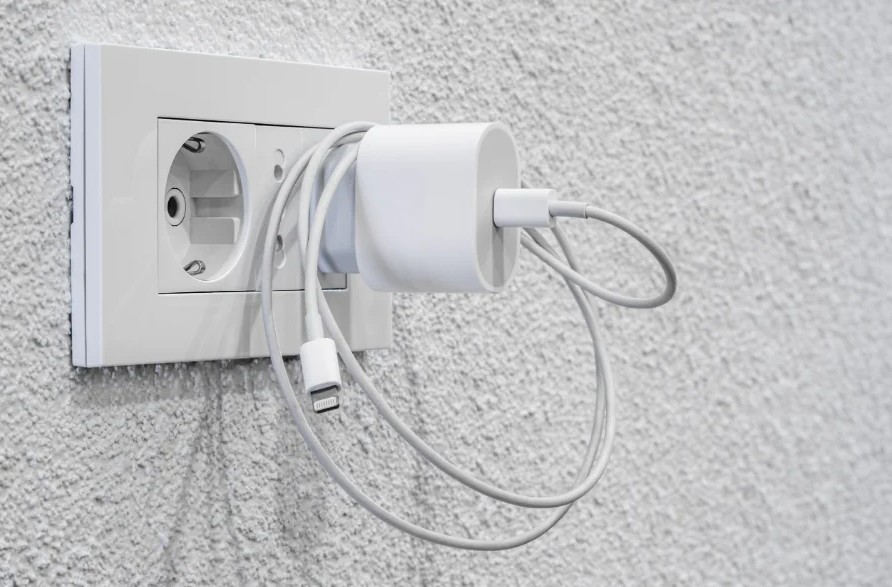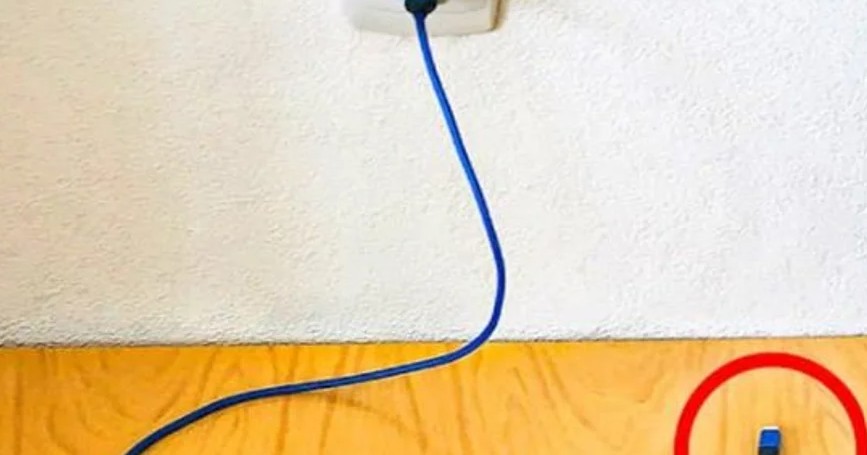We all have habits we’d like to change, big or small. Maybe you wish you could break free from something like smoking or overeating, or maybe, like me, it’s something more insignificant. Regardless, these habits are normal, and it’s okay to acknowledge that they exist.
For some, addictions, such as smoking, drinking, or gambling, are the main obstacle to change. For others, habits are more deeply ingrained behaviors, and the only thing holding them back from making a change might be laziness or distraction.
Take my own experience, for example: I had a habit of leaving my phone charger plugged in, even when not in use. Sounds trivial, right? And unplugging it once my phone was fully charged wasn’t a difficult task, but for some reason, I just didn’t think about it.

My partner had tried to remind me countless times, but it wasn’t until recently that I truly understood the consequences of my actions. Why did it matter if the charger stayed plugged in? It didn’t seem like a big deal until I saw a social media post outlining why that’s not a good idea.
That’s when I became aware of the potential problems. Even when the charger isn’t in use, it still consumes energy, albeit minimally. But over time, this adds up, and leaving the device plugged in can result in unnecessary energy consumption. It can also contribute to wear and tear on the charger’s internal components. In rare cases, power surges can cause overheating, which, in extreme cases, can cause a fire.

There are also safety risks, especially if the charger tip comes into contact with water or metal, creating a dangerous electrical circuit. And in a household with children or pets, there’s a chance they might pull the charger out of the wall, potentially damaging it, or become curious about the outlet, which poses a safety risk.
It’s worth noting that most information suggests that the likelihood of a charger starting a fire while plugged in is minimal. Modern chargers are designed with safety in mind, so the risk is low. However, given the issues mentioned, it’s still advisable to unplug the charger when not in use. It’s a small change that makes a difference.
